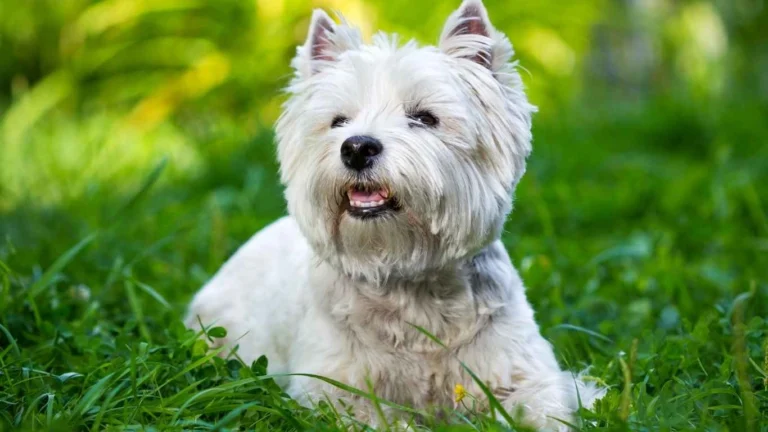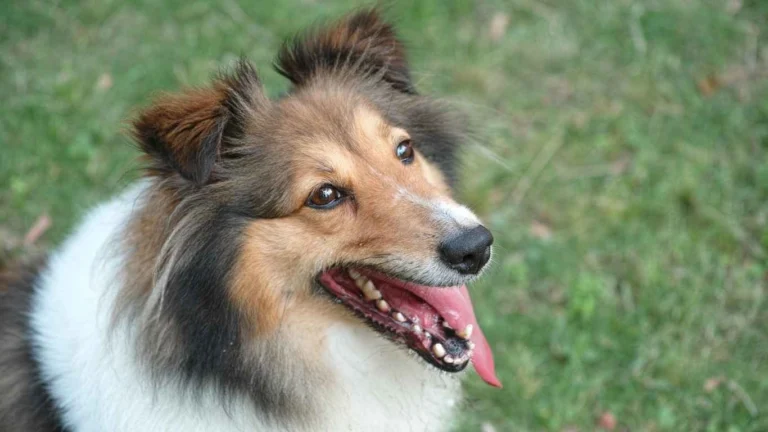Can Dogs Eat Cooked Brussels Sprouts Safely? What to Know
Brussels sprouts are a familiar sight on dinner tables, especially during colder months. As a pet owner, you might find your dog curiously sniffing at your plate and wonder if sharing a few cooked Brussels sprouts is a safe choice. The short answer is yes—dogs can eat cooked Brussels sprouts in moderation. But there’s more to consider before adding this vegetable to your dog’s diet.
Understanding the nutritional benefits and potential side effects is an important step in being a responsible and caring pet parent. Let’s explore what cooked Brussels sprouts can offer dogs, and when caution is necessary.
Why Some Owners Consider Brussels Sprouts for Dogs
Brussels sprouts are high in fiber and packed with vitamins like C and K. They also contain antioxidants, which may help reduce inflammation in the body. These little green vegetables seem like a healthy snack, and in small amounts, they can be just that for dogs.
Many owners already give their pets vegetables as treats or food toppers. If your dog has enjoyed cooked carrots or green beans, Brussels sprouts might be a welcome addition—if introduced carefully.
Health Benefits of Cooked Brussels Sprouts
When prepared the right way, cooked Brussels sprouts can offer a range of health benefits:
- Digestive support: The fiber in sprouts can promote healthy digestion and regular bowel movements.
- Immune system boost: Vitamin C plays a role in immune function and may help dogs resist illness.
- Bone health: Vitamin K is essential for blood clotting and bone strength.
- Antioxidants: These compounds help fight free radicals, which can damage cells over time.
That said, more is not always better. Brussels sprouts can also cause unwanted symptoms if given in excess.
Signs and Symptoms to Watch For
If your dog eats too many Brussels sprouts, they may experience gastrointestinal discomfort. This is because sprouts contain a natural compound called isothiocyanate, which can cause excess gas.
Keep an eye out for the following symptoms after feeding cooked Brussels sprouts:
- Excessive flatulence
- Loose stools or diarrhea
- Upset stomach
- Lethargy or reduced appetite
These symptoms are usually mild and short-lived. Still, they can make your dog uncomfortable and may indicate that Brussels sprouts aren’t a good match for their digestive system.
Causes of Adverse Reactions
Several factors can lead to negative responses in dogs after eating Brussels sprouts:
- Quantity: Too much at once can overwhelm the gut, especially if the dog isn’t used to vegetables.
- Cooking method: Sprouts cooked with garlic, onions, butter, or salt can be harmful. Garlic and onions are toxic to dogs, even in small amounts.
- Underlying health issues: Dogs with sensitive stomachs, food intolerances, or chronic gastrointestinal conditions may react poorly.
Introduce Brussels sprouts slowly. Start with a small amount and observe your dog’s response. If all goes well, they can enjoy this veggie as an occasional treat.
How to Prepare Brussels Sprouts for Dogs
Simple is best. Stick to plain, cooked sprouts—no added seasoning, oils, or spices. Steaming or boiling is ideal, as these methods preserve the nutrients while making the vegetable easier to chew and digest.
Here are a few preparation tips:
- Wash sprouts thoroughly to remove pesticides and dirt
- Trim off the hard ends and remove any outer leaves
- Steam or boil until soft but not mushy
- Cool completely before serving
- Chop into small pieces, especially for smaller dogs
A few bites are enough. As a general rule, vegetables should make up no more than 10% of your dog’s daily food intake.
When to Get Help
If your dog shows signs of distress after eating Brussels sprouts, it’s okay to be cautious. Some symptoms, while common, may be more than just temporary discomfort.
Contact your vet if your dog experiences:
- Repeated vomiting
- Severe diarrhea lasting more than 24 hours
- Swelling of the face or mouth (possible allergic reaction)
- Signs of pain or distress (whining, restlessness, panting)
Veterinary care can help rule out anything serious and provide supportive treatment if needed. Always trust your instincts—if something feels off, a call to the vet is a smart step.
Safe Alternatives if Brussels Sprouts Aren’t a Fit
Some dogs simply don’t tolerate Brussels sprouts well. That’s okay. There are plenty of other veggies that can provide similar benefits with less risk of gas or digestive upset.
Try offering:
- Cooked carrots
- Green beans (steamed or plain)
- Pumpkin (plain, not spiced)
- Peas
- Sweet potatoes (cooked and unseasoned)
Every dog is different. What works well for one may not suit another. The key is to observe, go slow, and stay flexible.
Supporting Your Dog’s Digestive Health
Including the right vegetables in your dog’s diet can be a helpful part of maintaining digestive health and overall well-being. But moderation is crucial, and variety is helpful.
For dogs with sensitive stomachs, your veterinarian may recommend a specific diet or probiotic support. Don’t hesitate to ask about nutrition during your next vet visit. A tailored plan often brings peace of mind.
Treatment for Mild Digestive Upset
If your dog has a mild reaction to Brussels sprouts, most cases resolve on their own. You can support them at home by:
- Withholding food for 12 hours to let the stomach rest (for adult dogs only)
- Offering small amounts of plain, cooked rice and boiled chicken
- Providing fresh water at all times
- Monitoring for worsening symptoms
If symptoms improve within a day, your dog will likely bounce back without further issues. If not, or if new symptoms appear, seek veterinary help promptly.
Final Thoughts
Brussels sprouts can be a safe and nutritious treat for many dogs—if prepared simply and served in small amounts. Their fiber, vitamins, and antioxidants offer meaningful benefits, but only when introduced with care.
Pay close attention to how your dog responds, and don’t rush the process. As always, when in doubt, a quick conversation with your veterinarian is the best way to make sure you’re meeting your dog’s unique needs.
Your dog’s health is a journey—one built on love, observation, and gentle choices. Including the right foods can be a part of that, one bite at a time.






